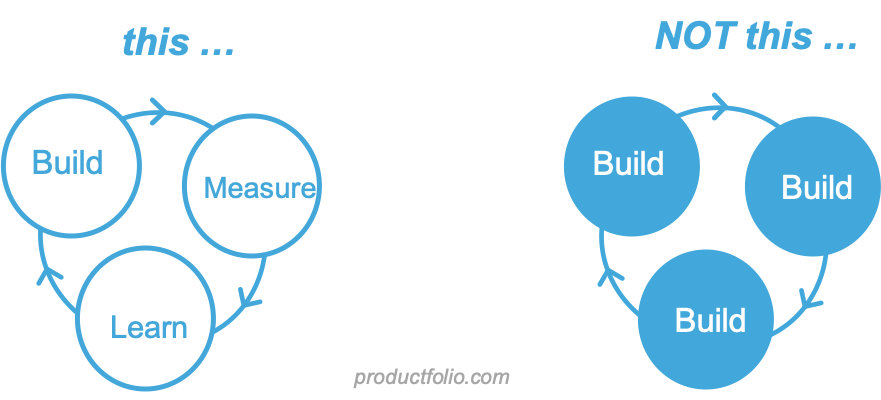Tracing its origin to the industrial manufacturing industry, Lean is a popular methodology among companies that provide not only goods and services these days. It is revered for helping to create more values from available resources and promoting continuous improvement.
What really is the Lean methodology and where did it start from? Learn about this as well as its relationship to Agile and why more and more companies are adopting it.

What is the Lean Methodology?
Lean is a methodology that is aimed at reducing waste or activities that do not add value. You can think of it as a technique of using the people and resources in an organization optimally to deliver more value.
With Lean, the emphasis is on continuous improvement and respect for the people. It more specifically helps to speed up product or service delivery while maximizing customer-defined value and increasing profits.
The methodology known today as Lean wasn’t originally called by that name. It was known as the Toyota Production System (TPS) because the famous Japanese carmaker invented it. The company used it to great effects in the years following the Second World War to deliver improved products faster.
Following the successful use of the approach, other companies started to experiment with it to enhance efficiency and value creation. The methodology has today found usefulness in many other sectors apart from manufacturing, including software, services, healthcare, and logistics. Wider adoption led to the change of name to Lean.
In the software industry, Lean became popular with the publication of Lean Software Development in 2003. The name given to that popular book now refers to an approach for optimizing resources, eliminating waste, and delivering true value in software development.
Lean product development is a more generic term for describing development based on Lean. The methodology is sometimes also called the Minimum Viable Product strategy.
Relationship with Agile
The Lean methodology is somewhat similar to the Agile methodology, but that doesn’t mean they are the same. People sometimes seem to think it is a form of the latter – at least, you may hear them describing Lean software development in that light. However, we know that Lean has been around for a long time, although not under that name.
Several Agile development principles draw from the Lean methodology. As PlaybookHQ points out, for instance, they both emphasize on creating value from the viewpoint of the customer. Agile development is also about iteration based on learning and it places emphasis on visible work and pulls (e.g. Scrum boards).
Lean Startup movement and Critical Chain are among several other methodologies that share some similarities with Lean.
Why is the Lean Methodology Increasingly Popular?
You may have observed that the number of companies adopting the Lean approach is on the rise. Let’s consider some major reasons this is the case.
Improved efficiency
Toyota clearly displayed how what is now known as Lean can improve efficiency and deliver better products. It goes without saying that these benefits drew the attention of other companies. They remain major reasons more organizations are going Lean.
Lean product development makes it possible to deliver better value in less time. It enables you to spend less effort and time on activities that do not add to the customer-defined value.
So it’s not just about efficiency. Lean can also bolster effectiveness. It ensures that what comes out of the improved process is also a better product.
Sustained improvement
Lean methodology isn’t only about improving product or performance but also about doing so in a sustainable manner. It boosts the output from a system relative to input in a way that is sustainable.
The approach provides tools and techniques that help to hold up the improvement made. These include rapid learning cycles, visual planning (Kanban), and the use of visual boards.
Reduced costs and increased profitability
It follows that when you are able to reduce waste in product development you’d be saving money. Improved efficiency, after all, means reducing the amount of resources, including time, expended on needless activities.
Of course, you improve your chances of increasing revenue when you reduce costs. Better products naturally lead to higher sales and lower churn.
In addition to the above reasons, Lean is also friendly to the world of knowledge work. Product development using the approach gives more attention to the earlier stages also known as ‘knowledge work’ stages. It involves spotting knowledge gaps and filling them as things develop along the way.
The Right Team Critical
It is important to point out here that having a great team is vital for succeeding with the Lean methodology. For instance, improved efficiency is more likely only when team members recognize what adds value or doesn’t.
There must be a proper understanding of the customer to know what constitutes real value. You also need to know how best to monetize your product.
This is why it’s so essential to have a capable team when adopting Lean Software Development. The team must be empowered to do product discovery (not just feature delivery) and be empowered when it comes to decision-making to ensure the benefits of Lean are actually attained.